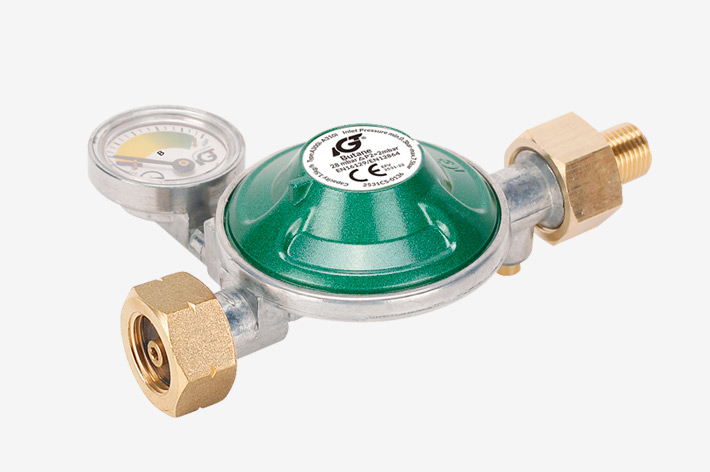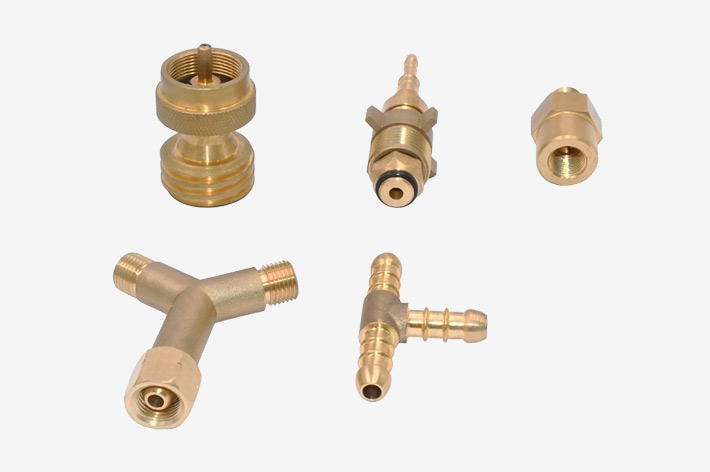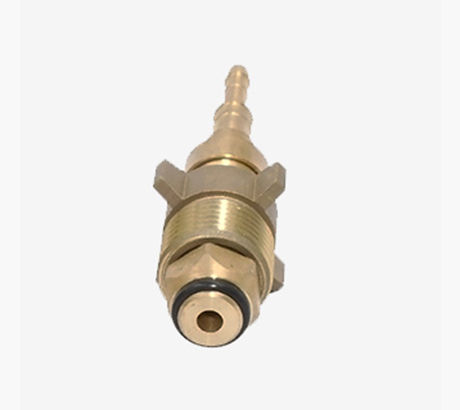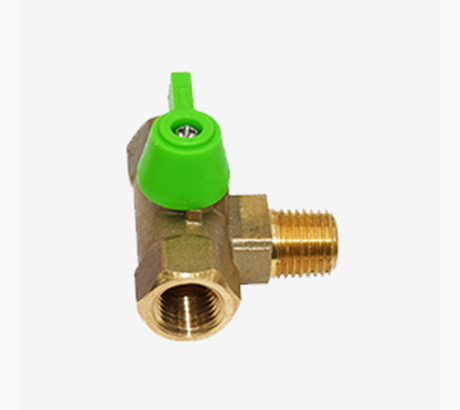In the realm of safety and functionality, gas hoses play a crucial role in various industries, ensuring the smooth and secure transfer of gases. From residential kitchens to industrial facilities, the right type of gas hose can make all the difference in preventing leaks and ensuring efficient gas distribution. In this blog, we explore two prominent types of gas hoses – PVC Gas Hoses and Rubber Flexible Gas Hoses – shedding light on their unique features and wide-ranging applications.
Understanding Gas Hoses
Before we dive into the specifics of PVC gas hose and Rubber Flexible Gas Hoses, let's briefly understand the significance of these essential components.
Gas hoses are specialized tubes designed to transport various types of gases, including natural gas, propane, and more. They are constructed to withstand pressure, temperature fluctuations, and external factors to ensure safety and reliability in gas transportation.
PVC Gas Hose: Versatility Meets Durability
PVC (Polyvinyl Chloride) Gas Hoses have earned their place as a popular choice due to their versatility and durability. Here's a closer look at their features and applications:
Features:
Flexibility: PVC gas hoses are known for their flexibility, which makes them easy to handle and maneuver. This property allows for hassle-free installation and connection to gas sources.
Corrosion Resistance: PVC's inherent resistance to corrosion makes these hoses suitable for a wide range of gases, including natural gas and propane.
Lightweight: PVC gas hoses are relatively lightweight, contributing to ease of use and storage.
Transparency: Some PVC gas hoses are transparent or semi-transparent, allowing users to visually inspect the gas flow, which can be beneficial in some applications.
Applications:
Residential Usage: PVC gas hoses are commonly used in residential settings, connecting gas stoves, ovens, and grills to the gas supply. Their flexibility and ease of installation make them a practical choice for home use.
Portable Appliances: They are also suitable for connecting portable gas appliances like camping stoves and heaters.
Rubber Flexible Gas Hose: Rugged Reliability
Rubber gas hose pipe stand out for their robust construction and ability to withstand demanding conditions. Let's delve into their features and applications:
Features:
High Temperature Resistance: Rubber hoses are designed to withstand high temperatures, making them ideal for applications involving intense heat or extreme environments.
Durability: These hoses are rugged and built to last, with resistance to abrasion, impact, and external wear.
Gas Compatibility: Rubber hoses are compatible with various gases, making them suitable for industrial settings where different gases are utilized.
Applications:
Industrial Settings: Rubber flexible gas hoses find their place in industrial environments where heavy machinery, manufacturing processes, and welding operations require reliable gas supply lines.
Commercial Kitchens: Due to their heat resistance and durability, rubber hoses are used in commercial kitchens, connecting appliances like ovens and industrial stoves.
Choosing the Right Hose: Safety First
Whether you're considering PVC gas hoses for their flexibility or rubber flexible gas hoses for their rugged reliability, the key factor in your decision should be safety. Always ensure that the gas hose you choose is compliant with safety standards and regulations specific to your industry and application.
In the dynamic landscape of gas transportation, PVC gas hoses and rubber flexible gas hoses stand as reliable solutions, catering to diverse needs across residential, commercial, and industrial sectors. By understanding their features and applications, you can make informed choices that prioritize safety, efficiency, and performance in your gas distribution systems.

 中文
中文 






